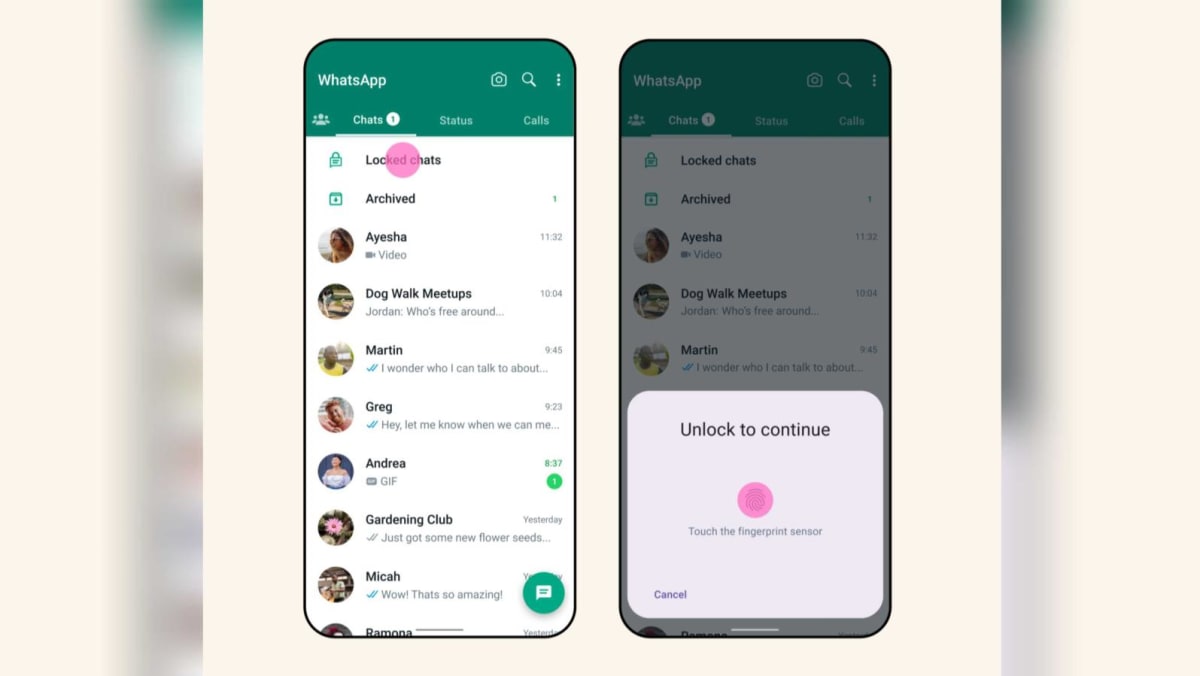
Interestingly, even in cases of years of extreme snooping and accusations of infidelity due to delusional jealousy, aggrieved spouses continue to stand by their partners.
For individuals who engage in snooping behaviour, it is essential to recognise the futility of their negative suspicious thought processes leading up to the snooping. Negative thoughts that a partner has done something wrong only perpetuates a cycle of resentment, distance, further suspicion and a need to snoop.
Instead, it is crucial to start working on building trust in the relationship. Have open and honest conversations with your partner, and express your concerns, insecurities, and fears.
Ironically, there have been cases where the fear of one’s partner cheating can sometimes be a self-fulfilling prophecy with a partner citing the stress of dealing with a jealous spouse as one of the reasons for their discretion.
If discussions become heated, seeking the assistance of a couple or marriage counsellor can facilitate non-confrontational communication, as well as establish healthy boundaries, and further rebuild trust.
At the end of the day, securing our devices and chats may help protect our personal information, but it does little to build trust in romantic relationships.
Double or triple-locking a chat only serves as a red flag that one has something to hide from one’s partner and does nothing more than arouse suspicion.
Dr Lim Boon Leng is a psychiatrist at the Gleneagles Medical Centre.

